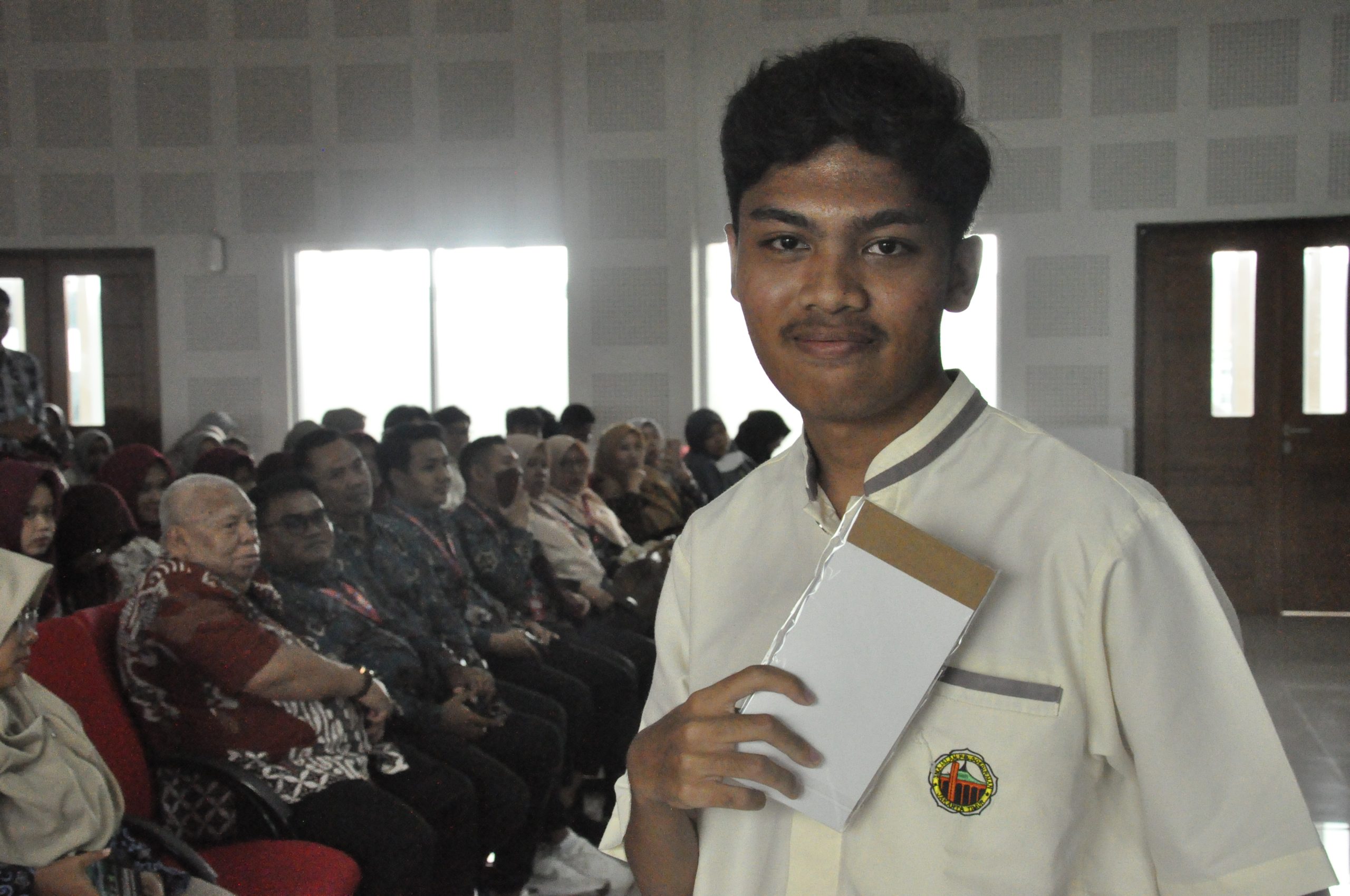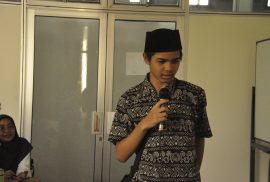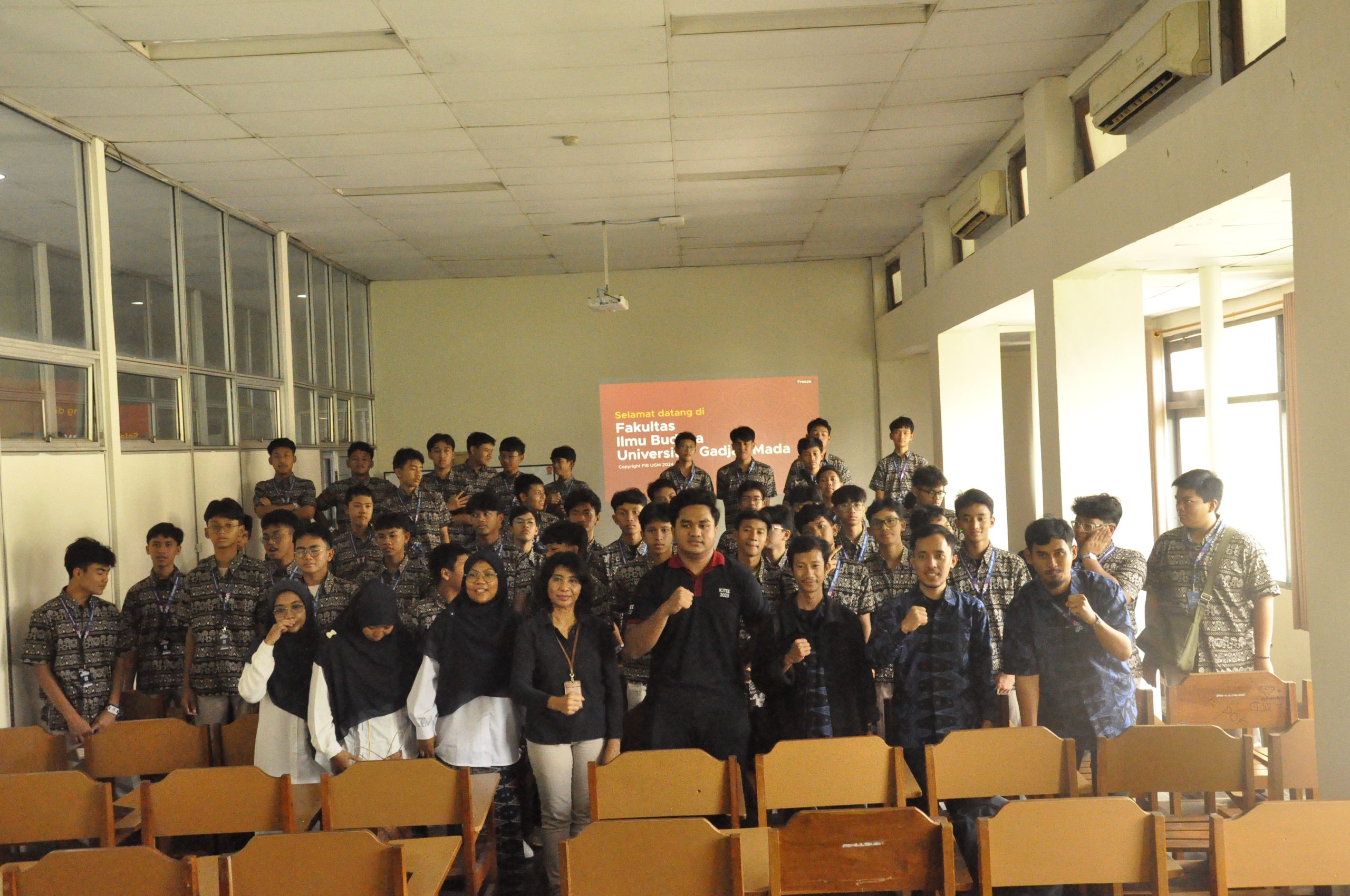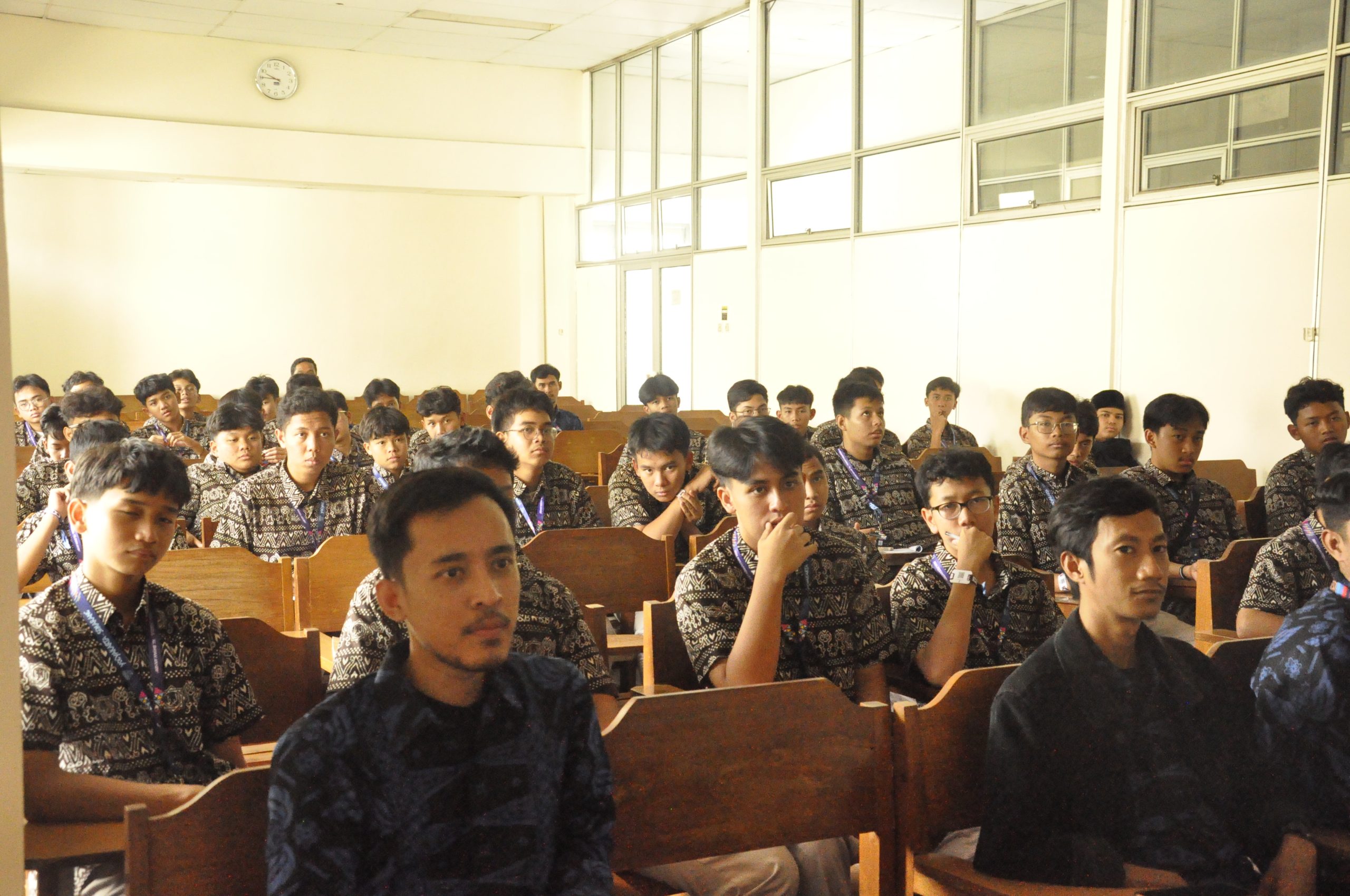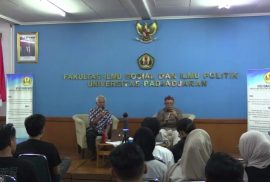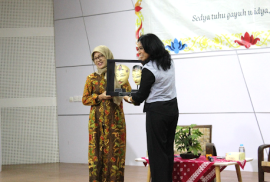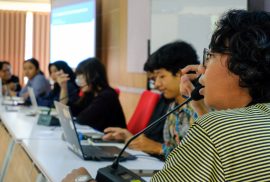Yogyakarta, November 19, 2024 – The Faculty of Cultural Sciences (FIB) Universitas Gadjah Mada (UGM) has once again become the destination for educational visits by two high schools, namely PB Sudirman Islamic High School Jakarta and Muhammadiyah 1 High School Pekanbaru. Taking place in the Auditorium of Soegondo Building, the event took place from 09.00 to 11.00 WIB and was attended by 200 students, including accompanying teachers (150 students from PB Sudirman and 50 students from Muhammadiyah 1 Pekanbaru).
The students and teachers were warmly welcomed by the Public Relations & Cooperation team of FIB UGM, along with student representatives. The event was opened by the MC with an enthusiastic atmosphere, followed by remarks from school representatives who conveyed the purpose of the visit to get to know UGM and the Faculty of Cultural Sciences more closely.
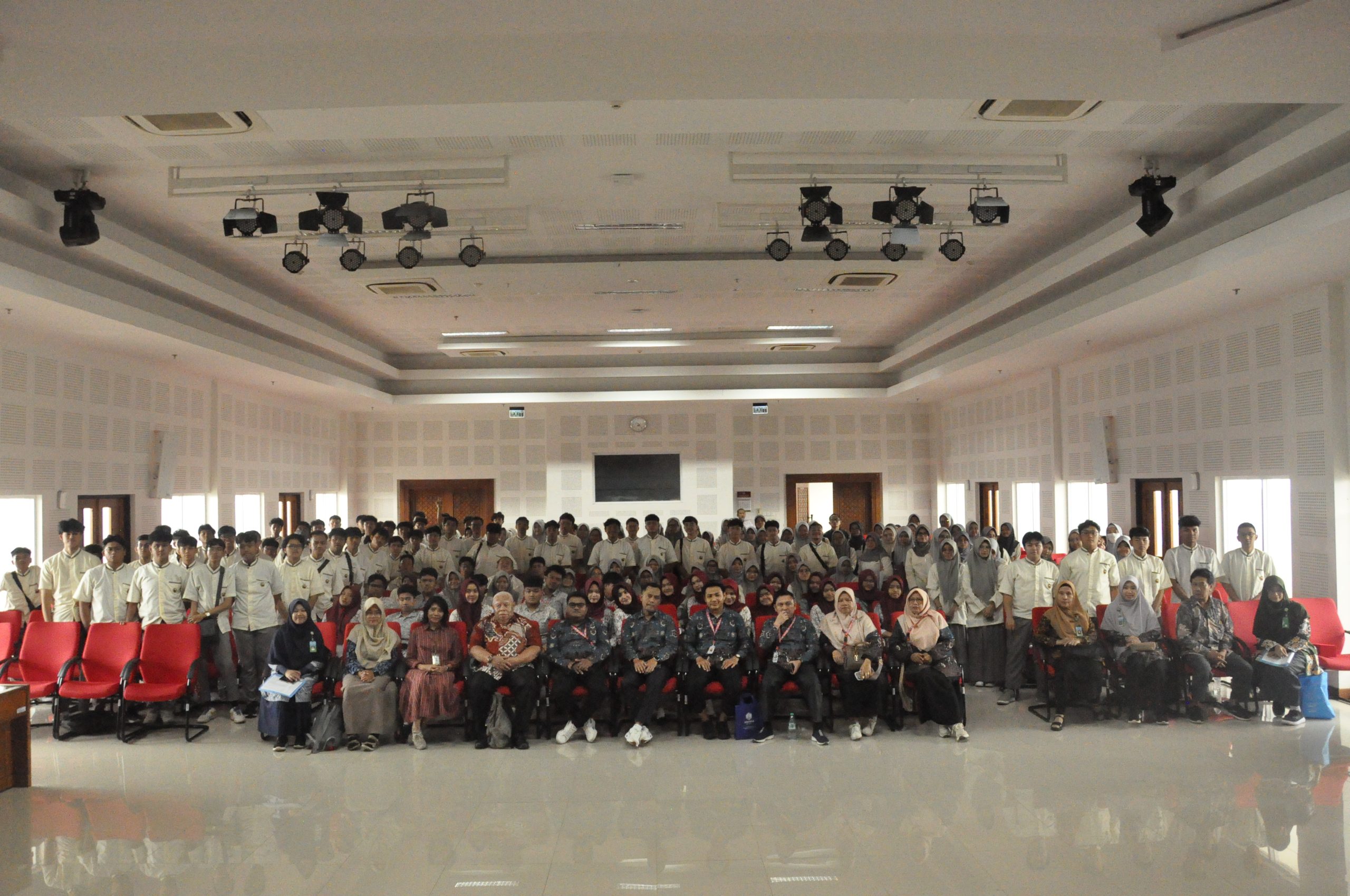
The series of events became more interesting with a short video screening about Gadjah Mada University and the profile of the Faculty of Cultural Sciences. To test the participants’ attention, a quiz with prizes based on the video was held, which was enthusiastically welcomed by the students.
In the material presentation session, participants received in-depth information about the advantages of UGM as the first university in Indonesia, as well as the privileges offered by FIB UGM to prospective students. The discussion and question and answer session became an interactive moment with questions about the passing grade, the difference between SNBP and PBUB pathways, and the openness of UGM access for students from all over Indonesia.
The visit was closed by handing over souvenirs from the school to FIB UGM as a symbol of appreciation, ending with a warm photo session. Hopefully this visit can be an inspiration for students in planning their educational future.
